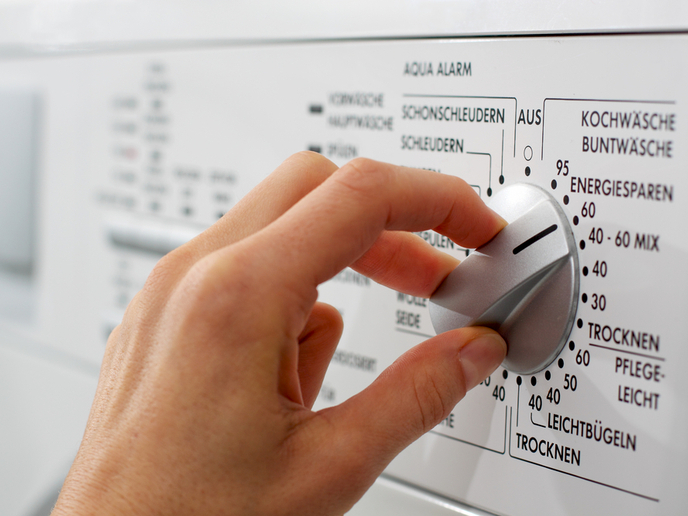How households can accelerate the transition to renewable energy
The European Commission is promoting several ambitious climate and energy targets with the goal of reducing greenhouse gas emissions and decarbonising the economy, also evident in the European Green Deal(opens in new window). However, results are not materialising at the pace and scale needed to accelerate the energy transition. There needs to be a greater change, which requires cooperation between governments, businesses, communities and households.
From climate change awareness to action
Challenging social values, perceptions and habits regarding energy usage at home is playing a pivotal role in reducing energy consumption. The EU-funded ENERGISE(opens in new window) project carried out an experiment to reduce energy consumption in more than 300 households in eight countries. The goals were to lower indoor temperatures to a maximum of 18 °C and halve the amount of washing cycles over a 4-week period for each challenge. “The results from our Energy Living Labs approach indicated that reducing indoor temperatures by 1 °C in winter results in an energy saving of around 6 %. One less laundry wash per week for households in Switzerland for 1 year would save around 13 million m3 of water, 10 million litres of laundry products and the equivalent annual electricity consumption of 90 000 households. A key finding is that all these savings are possible without compromising convenience and comfort,” notes project coordinator Gary Goggins. In certain cases, reductions were even more significant, and changes in the pattern of energy behaviour were maintained for 3 months after initiating the challenges. “Our study proves that reductions in energy use are possible when people are given the time, space and means to reflect on their usual practices. Experiments can challenge tacitly accepted norms and assumptions that underpin current practices and encourage people to do things in new ways,” adds Goggins.
Placing people at the centre of ‘smart technology’ approaches
Study findings also suggest that people are more likely to react positively to energy savings by retaining their influence on their thermal comfort rather than counting on smart buildings or invisible heating systems that allow limited human interventions. Similarly, washing machines need to be designed in a way that allows transparency on the energy and water use of programmes. Users need to navigate easily between programmes and thus feel they can influence their environmental footprint.
A long-lasting and meaningful impact
The project’s work will be instrumental in the design of policies and programmes that aim to facilitate the transition to a low-carbon society. Increasing awareness of climate change and its negative impacts or simply creating more efficient energy technologies are not enough to spur people into action. ENERGISE demonstrated that engaging and empowering people to do things in new ways has a meaningful impact on their energy consumption. “Designing an initiative that dealt with diverse households in different countries with different cultures, social norms and expectations, and different energy systems and material arrangements was challenging but also extremely interesting. It revealed how things that are taken for granted or considered ‘normal’ in one place might be ‘alien’, radical or unacceptable somewhere else,” concludes Goggins.







